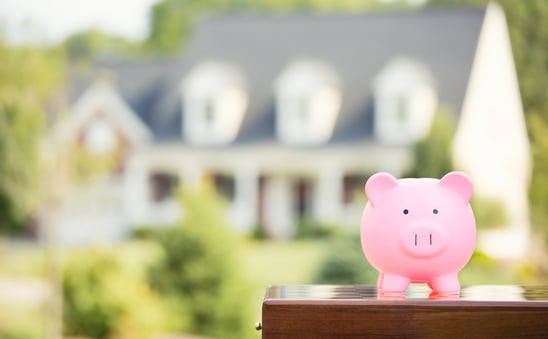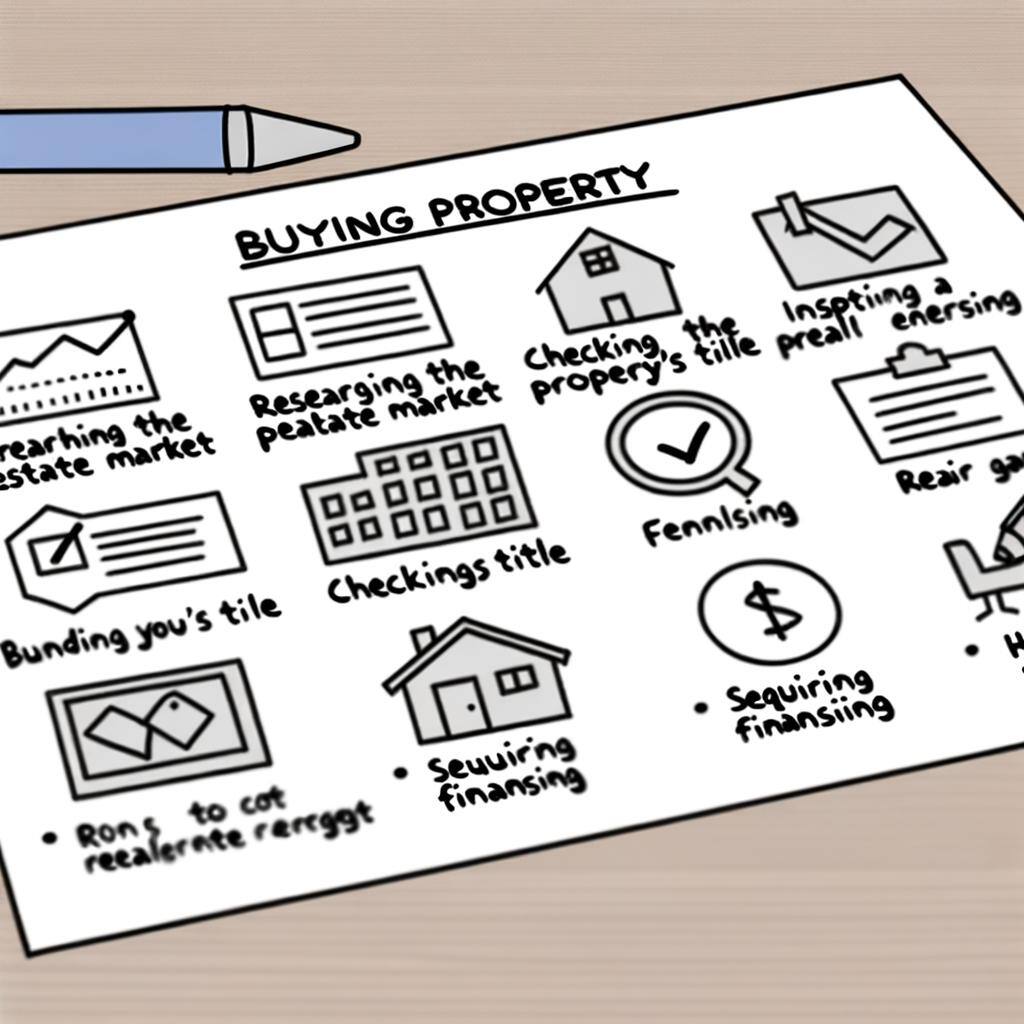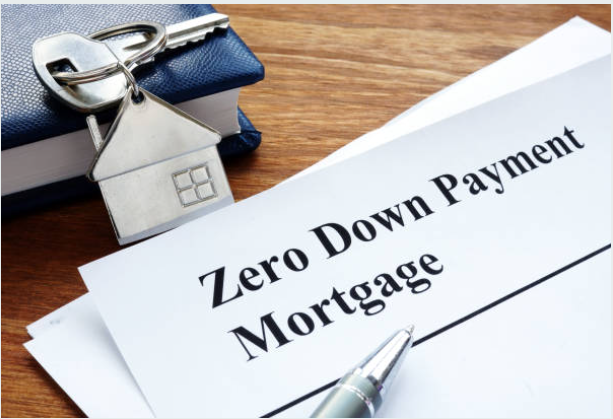How to Buy Turnkey Rental Properties
Turnkey rentals are among the best real estate investments, whether you’re looking for a beginner-friendly investing strategy or aiming to add...
6 min read
Rent To Retirement : Jun 20, 2024 12:09:00 PM

When you're searching for a strategy that will help you save for retirement and build your wealth, look no further than real estate investing. If you buy a rental property, you'll gain multiple revenue streams, which include monthly payments from tenants and appreciation. In this guide, you'll learn everything you need to know about rental properties before you invest.
A rental property is a home that is used as an investment and is occupied by tenants. Rental properties can be single-family properties or multifamily properties like duplexes, triplexes, or large apartment buildings. Investing in rental properties has become more popular as the American housing market has experienced significant appreciation in the past ten years.
Investing in rental properties can pay dividends when it comes to expanding your portfolio. Rental properties provide passive earnings, multiple sources of income, equity growth, and tax benefits.
You can collect mailbox money! If you purchase a rental property and hire a company to manage it, all you need to do is wait for the checks to arrive in the mailbox.
Multiple sources of income give you the financial freedom to retire early, quit your job, or spend more on what you love. Every tenant in the building will provide you with a monthly payment. If these payments are higher than your monthly expenditures, you'll have positive cash flow that you can put in your savings or use to invest in other properties and eventually retire with real estate! You'll also earn money when the property appreciates.
As a natural inflation hedge, real estate values increase over time. If you're buying in the right market, you can build a large net worth through equity growth alone.
From rental property depreciation to interest write-offs, real estate is one of the most tax-advantaged assets around, so you keep more money while paying less to Uncle Sam! You can even defer capital gains taxes with a 1031 exchange.
You can't put 20% down to buy $400,000 worth of stocks, but you can do so with real estate, which helps your money go MUCH further than with other investments. If you put 20% down, you'll automatically have a considerable amount of equity at your disposal.

While rental property investing offers many benefits, there are a few risks that you'll need to know how to deftly navigate. From bad tenants to vacancies, there are a few issues that can mar an otherwise successful investment.
When you invest in a rental property, you may be required to make expensive repairs and renovations before you can charge high rents. This is why due diligence is key. Repairs and renovations are done before you buy when investing in turnkey rentals!

There's always the potential for bad tenants. If, however, you have a valuable property in an appealing destination, you can attract qualified tenants. There are also several red flags you must be on the lookout for, such as past evictions, low credit scores, and negative landlord references. A bad tenant can damage your property and miss payments.
Vacancies are impossible to avoid. When one tenant leaves, it might take a few weeks before you find another one. In the meantime, you still have to pay the mortgage!
Rent to Retirement does the repairs and renovations for you. We also handle all the property management, so you can sit back and enjoy your residual income!

Depending on the market, the cost of a rental property could be $100,000 or $1,000,000+. Specific neighborhoods within markets can also have completely different pricing, which is why you must do your research before buying one of these properties.
Keep in mind that the median price for a single-family rental in the U.S. is around $420,000. However, costs vary considerably from city to city. For example, the median sale price for a single-family home in Los Angeles, CA is around $878,000. In comparison, the median sale price for single-family properties in Philadelphia, PA is $270,000.
Financing a rental property isn't the same as financing a primary residence. While you can get a conventional 30-year mortgage for a rental property, there are some key differences you'll need to be aware of, such as:
A conventional loan is the most standard type of investor mortgage. Your eligibility for this loan is based on the state of your personal finances. For example, you'll need to have a high credit score, a low debt-to-income ratio, and strong financials.
DSCR loans are approved based on the property you're buying. Before banks lend to you, they'll need to make sure that the property can cover the mortgage and expenses while also providing some profit.
This type of loan happens when a seller acts as the bank and finances the property to you. Every month, you'll be required to pay the seller, which means that it functionally isn't much different than getting financing from a bank.
Hard money loans are often short-term loans that investors use to fix up a property before they refinance into a more long-term investor loan. They're a stepping stone that can turn a fledgling property into a valuable one.
Private money can come from anyone, including your family, friends, great aunt, etc! These are also short-term loans meant for renovations before a property is refinanced into a long-term investor loan.
Rent to Retirement has relationships with lenders that are ready to help you fund your next deal for as little as 5% down! Schedule your free Rent to Retirement turnkey investing consultation here!
There are four classes of rental properties that you can acquire and add to your portfolio. Understanding how these classes differ is crucial if you want to make sound investments that meet your needs.
Finding the right locations for your investments is necessary if you want property values to increase and vacancy rates to remain low. Look for solid demographics, growing populations, jobs, and economic development.
Don't know where to start? Rent to Retirement has already identified top-performing markets across the nation. Check out our turnkey rental properties for sale!
Wondering how to buy your first rental property? It just takes six simple steps! Once you get pre-approved for financing, you'll be able to begin your search for the best investment properties. Make sure you know whether you're pre-qualified vs. pre-approved FIRST!
If you meet the requirements, you should be able to get pre-approved by your preferred lender. Once you gain approval, you'll even know how much you can afford!
A local investor-friendly agent can help you find the perfect rental, but you may still need to do renovations and repairs. If you want a turnkey option that doesn't require costly renovations, give us a call at Rent to Retirement!

Browse homes with your agent, or check out our turnkey rental properties for sale! We can help you find a turnkey property in your price range and allow you to earn positive cash flow.
Before making an offer, you'll need to run the numbers to estimate what your returns will be. If you don't do the math, you might invest in a property with poor fundamentals and low potential cash flow. Try Rent to Retirement's rental calculator to calculate cash flow, ROI, and more!
Now it's time to make an offer you're confident the property owner will accept. If your offer is higher than the value of the property, you may need to pay the difference between the loan amount and the sale price. On the other hand, a low offer might score you some equity but may require negotiations with the seller.
If the seller accepts your offer, all that remains is to get through the closing process. Once the loan is underwritten, you'll be able to close and start collecting rent!
Check out our free closing checklist!
Are you ready to be a landlord and start earning rental income? Investing in rental properties gives you the opportunity to save for the future and build wealth that you can pass on. Book a call with Rent to Retirement today to discuss your investment goals and discover rental properties that will help you meet them.
When investing in real estate, the 1% rule effectively measures the price of the property against the amount of gross income it's able to generate. An investment can only adhere to this rule if the monthly rent that's collected equals 1% or more of the total purchase price. Let's say you buy a $200,000 property. You need to collect $2,000 per month in rent to satisfy this rule.
Investing in rental properties can help you earn a consistent, stable income. If you view this investment as a long-term strategy, the asset could appreciate considerably over time.
Yes, rental properties can be profitable. Like any investment, however, you must do your research. To earn more money than you spend, you'll need to find qualified tenants, handle maintenance issues promptly, and raise rent prices accordingly. If you hire a property manager, the hassle of managing your investment will go away. However, paying for a manager will eat into your profits, which is a factor you must include in your calculations.

Turnkey rentals are among the best real estate investments, whether you’re looking for a beginner-friendly investing strategy or aiming to add...

Are you considering buying your first rental property? Before you purchase this type of real estate, you should have in-depth knowledge of property...

Do you dream of owning rental properties, achieving financial freedom, or retiring early? Don’t let money get in the way! In this guide, we’re going...